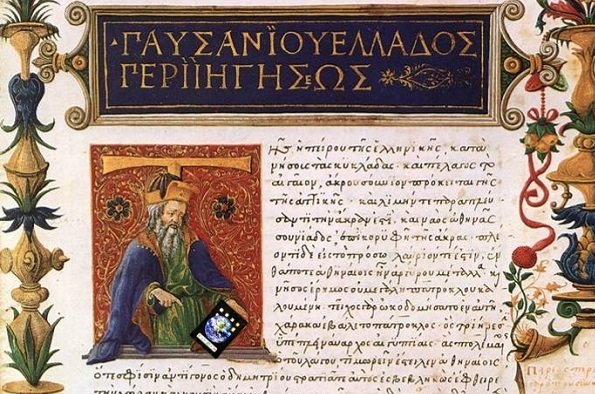
Contemplating a Digital Periegesis (Dr Anna Foka, University of Uppsala)
Add this event to my calendar
Click on "Create a calendar file" and your browser will download a .ics file for this event.
Microsoft Outlook: Download the file, double-click it to open it in Outlook, then click on "Save & Close" to save it to your calendar. If that doesn't work go into Outlook, click on the File tab, then on Open & Export, then Open Calendar. Select your .ics file then click on "Save & Close".
Google Calendar: download the file, then go into your calendar. On the left where it says "Other calendars" click on the arrow icon and then click on Import calendar. Click on Browse and select the .ics file, then click on Import.
Apple Calendar: The file may open automatically with an option to save it to your calendar. If not, download the file, then you can either drag it to Calendar or import the file by going to File >Import > Import and choosing the .ics file.
This seminar talk discusses current possibilities for a dynamic digital cartography of Pausanias’s Periegesis Hellados (or Description of Greece). The word Periegesis derives from periēgeisthai, ‘to lead or show around’. This double sense of movement (through space) and description (of place) reflects not only how Pausanias describes and contemplates places and objects within them, but also the spatial organisation of his narrative theoria (or ‘viewing’) – how he relates places to each other and contemplates their relationship. The seminar provides an analysis of the process of creating and annotating a digital edition of Pausanias’s Periegesis. It further contemplates a digital Periegesis, a visual rendering of Pausanias’s spatial theoria: his (re)imagining of ancient Greece as a dynamic representation of networks, migration, and spatial transformation.
Participants are encouraged to bring their own laptop and to create an account in the free open access platform https://recogito.pelagios.org.
Dr Anna Foka is Associate Professor in Information Technology and the Humanities at the University of Uppsala, where she leads the Digital Humanities research centre. Her own research examines digital technologies and the representation of the past, with a focus on gender and Classical Antiquity.
